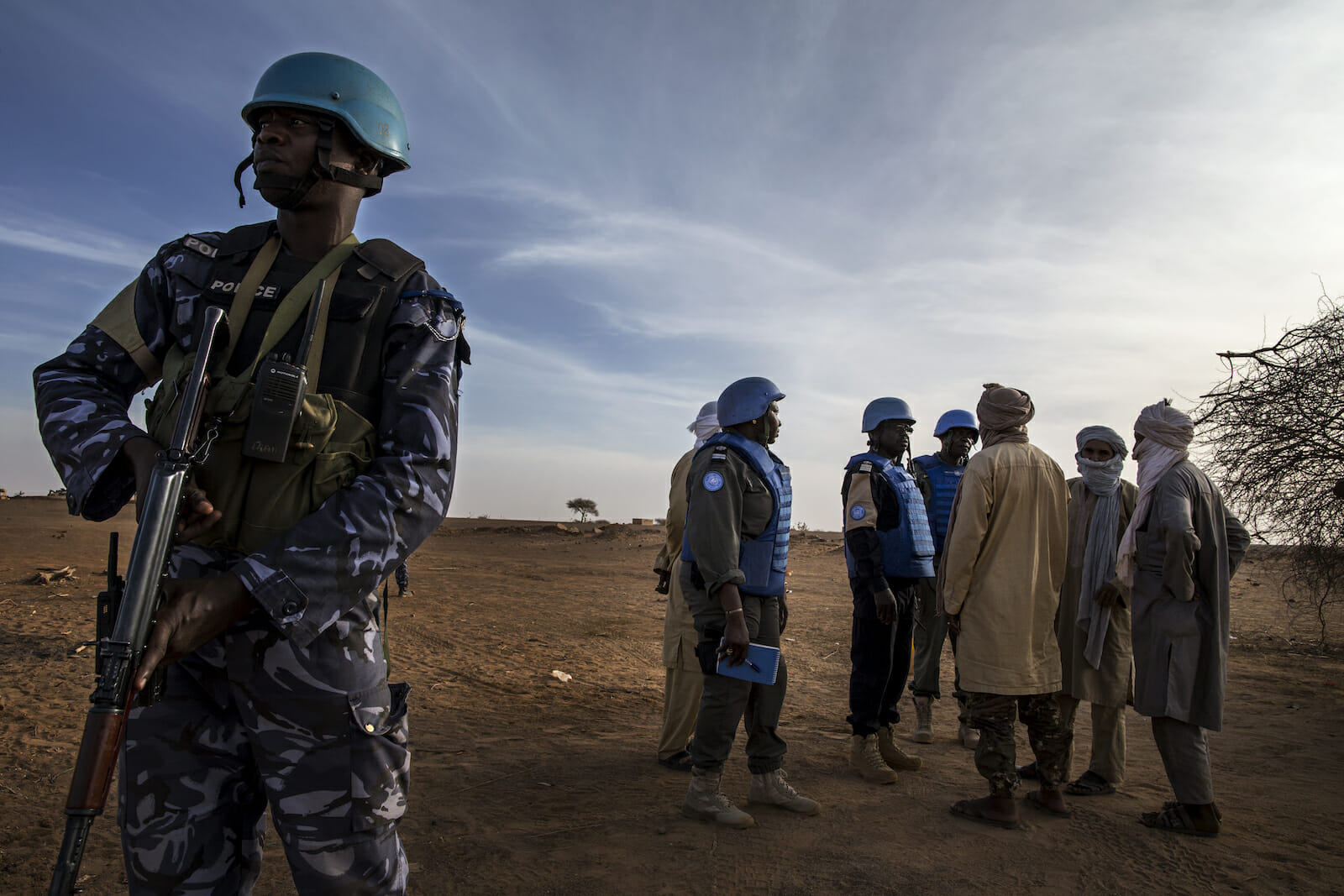
A Solemn Day of Remembrance to Honor UN Peacekeepers
The unofficial start of the summer season is upon us, schools will soon close, and people’s attention shifts towards vacation and a time to decompress. However, there is one day which everyone should remember: The International Day of UN Peacekeepers on May 29th honoring the service of the men and women who seek to bring peace and stability to parts of the world that have known only conflict.
Unfortunately, most Americans are unaware of this day, but they should be. Why? Because these brave individuals are thrust into some of the world’s most dangerous hotspots so the U.S. does not have to send its own troops into harm’s way. It should be noted that since 1948 over 3,500 UN peacekeepers have lost their lives in the name of peace. A reason to pause and take note on May 29th.
UN Secretary-General António Guterres has stated that “For millions in conflict-affected situations around the world, peacekeeping is a necessity and a hope. Let us work together to make peacekeeping more effective in protecting people and advancing peace.” This year’s theme, “Protecting Civilians, Protecting Peace,” coincides with the 20th anniversary of the “…first time the Security Council explicitly mandated a peacekeeping mission (UNAMSIL in Sierra Leone) to protect civilians.”
Since that mission, civilian protection has been the centerpiece of UN Peacekeeping. Presently, 90 percent of peacekeepers involved in 8 missions – Abyei and Darfur, the Central African Republic, the Democratic Republic of the Congo, Haiti, Lebanon, Mali, and South Sudan – operate under civilian protection mandates. Today, there are 14 peacekeeping missions serving on four continents. Peacekeeping comprises a fraction of total global military spending and has proved to be a worthwhile investment. The savings that peacekeeping provides, as compared to having to insert U.S. troops into these situations, is significant. Moreover, the return on investment since 1948 has been quite palpable as many people have been able to participate in free and fair elections through the peacekeeping mission’s stabilizing force.
In 2018, the Secretary-General set in motion a new initiative called, “Action for Peacekeeping (A4P),” which sought to strengthen peacekeeping missions. As a result, 150 Member States and regional organizations declared their support for the initiative through the “Declaration of Shared Commitments.”
Despite the accomplishments of UN Peacekeeping, it is not without its challenges specifically from its largest contributor (28 percent) – the U.S. The current U.S. administration, earlier this year, proposed drastic cuts to the Contributions to International Peacekeeping Activities (CIPA), which is the account that provides the funds for many of the UN’s Peacekeeping Operations, according to a report by UN Dispatch. The Trump administration has sought $1.136 billion for CIPA, a figure that is $60 million less than its request last year. The U.S. has already accumulated significant outstanding debts owed to UN Peacekeeping, and this request further diminishes the capacity of the global body to fund its operations.
Secretary-General Guterres has already warned that the Trump administration’s decision to halt paying the full amount of its peacekeeping bill is “…hanging peacekeeping missions out to dry while creating financial woes for the countries that provide the blue-helmeted troops and police officers.” The consequences of the White House’s actions have caused the UN to hold back payments to those nations that are the largest contributors of troops – Ethiopia, Bangladesh, Rwanda, India, and Nepal. In the first quarter of this year, only 50 percent of payments could be made, according to reporting by Pass Blue.
The evidence is clear: UN Peacekeeping benefits global security. For the U.S., it’s an added foreign policy tool at its disposal. From the ashes of World War II in 1945, the UN was born with the U.S. taking the lead role in its creation. The central component of the UN, peacekeeping, is under attack. For those peacekeepers who have lost their lives in their attempt to preserve peace, the international community – particularly the U.S. – owes it to them to ensure that the institution of peacekeeping remains a vital mainstay of the UN. Let us show them the respect they deserve.
